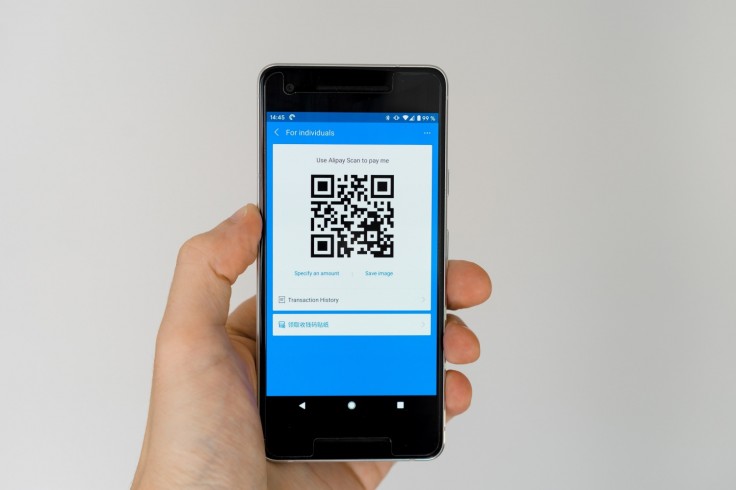
Five of the SouthEast Asian top economies, including the Philippines, will link their networks so visitors may scan QR codes for payments.
Travelers may Sooner Pay for SouthEast Asian Travels by Scanning QR Codes
According to a report from Bloomberg, the goal of the central banks in Southeast Asia is to integrate their payment systems this year so that consumers may scan QR codes to make purchases throughout the area.
Bank Indonesia Governor Perry Warjiyo stated that by November, five of the region's largest economies, including the Philippines, are scheduled to sign a deal to integrate their networks. Warjiyo announced it in a panel discussion that was held on the sidelines of the Group of 20 finance ministers and central bank governors meeting in Bali.
The system would employ local currencies to settle payments across the nations; thus, payments made in Thailand using an Indonesian app will be converted straight into rupiah and baht without needing US dollars as a middleman.
In order to ultimately introduce the same structure to real-time bank transfers and central bank digital currencies, the central banks will next attempt to connect this network with other regional clusters throughout the globe.
The managing director of the Monetary Authority of Singapore, Ravi Menon, said at the same panel in Bali, "This may be a vital action that we can expand to the rest of the globe." He added that it is a piece of infrastructure that benefits all residents by increasing financial inclusion, boosting efficiency, and opening up new economic prospects.
There are still gaps in the relationships. While Singapore is connected to Thailand and is looking to add other nations, Malaysia, Indonesia, and Thailand are all connected.
QR Code Scanning and Scams | Here's What You Should Know
Contactless payments have gained popularity after the 2020 COVID-19 epidemic and societal alienation. Customers may pay with a credit card by scanning QR codes with their cellphones.
There's no reliable, consistent method to know what a QR code connects to before scanning it and clicking its link, which allows fraudsters to fool consumers.
Scammers use QR codes like email or text messages to deceive you into entering your personal information on a phishing website or installing malware on your phone.
According to the AARP, malicious QR codes may "download malware or drive you to a phony website" to steal money, personal data, or log-in credentials. Online accounts, P2P payment applications, contacts, social networking profiles, and images might be hijacked.
Trend Micro, an antivirus business, claims some fraudsters put their own QR code over a retailer's, so visitors are scanning it to transfer money to the scammer instead of the store. Scammers install QR codes in places where people expect to pay, like a parking garage, to fool victims into paying the scammer instead of the intended recipient.
How to Avoid Getting Scammed by QR Codes
To avoid getting scammed, remember the following things from AARP:
1. Remember Cybersecurity 101 while seeing a QR code. Just like you shouldn't click on suspect URLs or download fishy documents - particularly from strangers - you should avoid suspicious QR codes, which might lead to bizarre websites or fake, unsafe sites.
2. Don't believe a QR code sent by a friend (whose account may have been hijacked) or in a text, online post, or mail piece. Instead, use a browser and a known domain name.
3. Don't pay using a QR code. Many payment mechanisms are fraud-resistant.
4. QR codes may look innocuous since the human eye can't see what they do. Don't use a napkin dispenser's code if it appears suspicious.
5. Add malware or inappropriate material protection, adds Grant, who recommends Sophos Mobile Security and Kaspersky.









